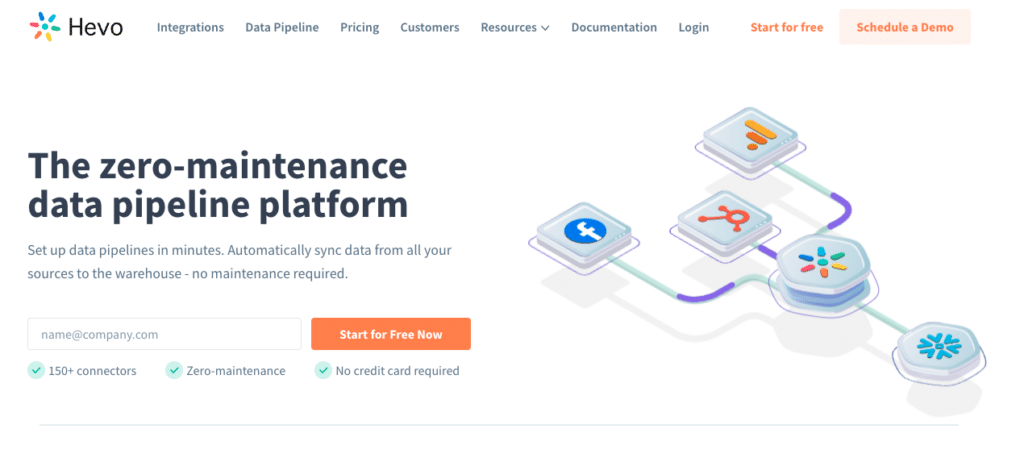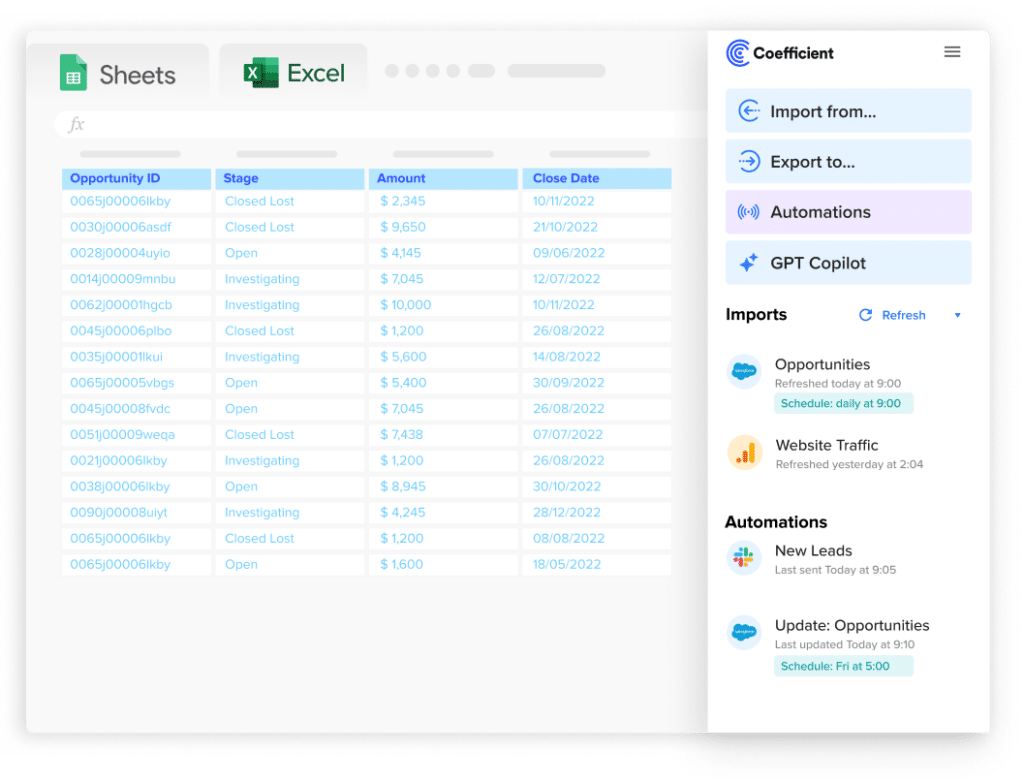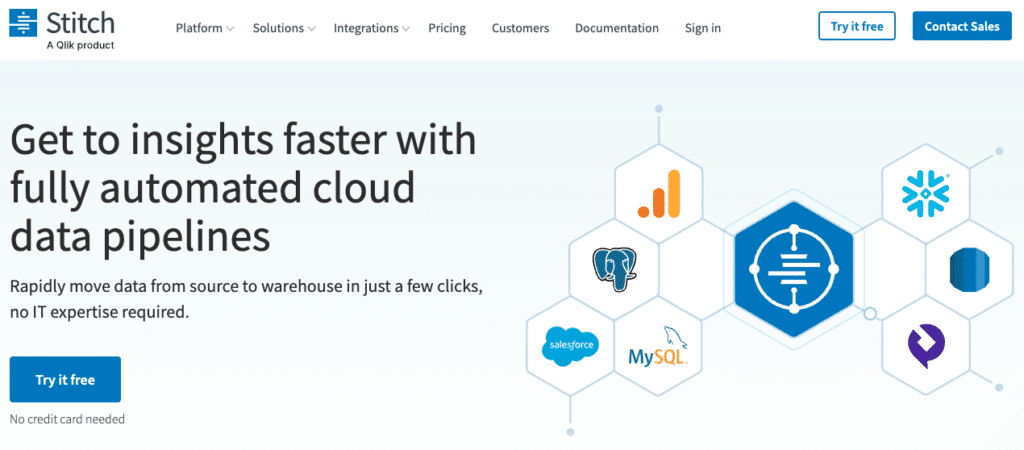In today’s data-centric world, businesses are inundated with vast amounts of information from various sources. The key to unlocking the potential of this data lies in effective extraction, transformation, and loading (ETL) processes. Big data ETL tools play a crucial role in enabling organizations to harness the power of their data, driving informed decision-making and fostering growth. In this quick overview, we’ll explore the top big data ETL tools that are revolutionizing the way businesses manage and utilize their data.
Understanding Big Data ETL Tools
Big data ETL tools are designed to handle the unique challenges posed by the sheer volume, variety, and velocity of big data. These tools automate and optimize the process of extracting data from disparate sources, transforming it into a usable format, and loading it into a target system, such as a data warehouse or data lake. By simplifying and accelerating the ETL process, these tools enable businesses to gain valuable insights from their data more efficiently.
However, choosing the right big data ETL tool can be a daunting task. With numerous options available, each with its own strengths and limitations, it’s essential to understand the key features and capabilities of these tools to make an informed decision.
Top Big Data ETL Tools
1. Informatica PowerCenter

Informatica PowerCenter is a widely-used ETL tool known for its robustness and scalability. It offers a comprehensive set of features, including data integration, data quality management, and data governance. With its drag-and-drop interface and pre-built connectors, PowerCenter simplifies the ETL process, making it accessible to both technical and non-technical users.
Pros:
- Extensive connectivity options
- Strong data quality and governance capabilities
- Scalable architecture for handling large data volumes
Cons:
- High licensing costs
- Steep learning curve for advanced features
2. Qlik Compose

Qlik Compose (formerly Attunity Compose) is a modern ETL tool designed for agile data integration and automation. It offers a code-free environment for creating and managing data pipelines, enabling faster time-to-value. Qlik Compose integrates seamlessly with Qlik’s business intelligence platform, providing an end-to-end solution for data integration and analytics.
Pros:
- Agile data integration with automated data pipeline creation
- Tight integration with Qlik’s BI platform
- Support for real-time data replication and change data capture (CDC)
Cons:
- Limited third-party connectivity compared to other tools
- Higher pricing compared to some competitors
3. Hevo

Hevo is a cloud-based ETL tool that focuses on simplifying data integration for businesses of all sizes. With its no-code interface and pre-built integrations, Hevo enables users to set up data pipelines in minutes. It supports a wide range of data sources, including databases, SaaS applications, and streaming platforms.
Pros:
- No-code platform, making it accessible to non-technical users
- Extensive pre-built integrations with popular data sources
- Automatic schema mapping and real-time data synchronization
Cons:

Stop exporting data manually. Sync data from your business systems into Google Sheets or Excel with Coefficient and set it on a refresh schedule.
Get Started
- Limited customization options for complex transformations
- Dependent on the availability and reliability of cloud services
4. Stitch

Stitch is another cloud-based ETL tool that offers a simple and efficient way to integrate data from various sources. It provides a wide range of connectors for popular databases, SaaS applications, and analytics tools. Stitch’s straightforward pricing model and easy setup make it an attractive option for businesses looking for a hassle-free ETL solution.
Pros:
- Simple and intuitive user interface
- Transparent pricing based on data volume
- Automatic data replication and incremental updates
Cons:
- Limited transformation capabilities compared to more advanced tools
- Reliance on cloud infrastructure may raise data security concerns
Comparison Table of Big Data ETL Tools
| Feature | Informatica PowerCenter | Qlik Compose | Hevo | Stitch |
| Deployment | On-premise, Cloud | Cloud | Cloud | Cloud |
| Pricing Model | Subscription | Subscription | Subscription | Volume-based |
| Ease of Use | Moderate | High | High | High |
| Connectivity | Extensive | Moderate | Extensive | Extensive |
| Transformation | Advanced | Moderate | Basic | Basic |
| Scalability | High | High | High | High |
| Real-time Integration | Yes | Yes | Yes | No |
| Community Support | Moderate | Moderate | Moderate | Moderate |
Enhancing ETL Processes
To maximize the potential of big data ETL tools, businesses should consider the following best practices:
- Define Clear Data Integration Goals: Clearly outline the objectives of your data integration initiatives to ensure the selected ETL tool aligns with your business requirements.
- Establish Data Governance Policies: Implement robust data governance policies to maintain data quality, security, and compliance throughout the ETL process.
- Leverage Automation: Harness the power of automation features provided by modern ETL tools to streamline data integration workflows and reduce manual efforts.
- Optimize Data Transformations: Continuously monitor and optimize data transformation logic to ensure efficient processing and minimize data latency.
- Embrace Cloud-Based Solutions: Consider adopting cloud-based ETL tools to benefit from scalability, flexibility, and cost-effectiveness, especially for businesses with growing data volumes.
Conclusion
Selecting the right big data ETL tool is a critical decision that can significantly impact an organization’s ability to extract valuable insights from their data. By understanding the unique features and capabilities of prominent ETL tools like Informatica PowerCenter, Qlik Compose, Hevo, and Stitch, businesses can make informed choices that align with their specific requirements.
As the volume and complexity of data continue to grow, the need for effective and efficient ETL processes becomes increasingly vital. By leveraging the power of big data ETL tools and implementing best practices, organizations can unlock the true potential of their data, driving innovation and staying ahead in the competitive landscape.
Ready to take your data integration to the next level? Explore Coefficient today and discover how our cutting-edge solutions can transform your data management strategies. Get started now and embark on a journey towards data-driven success!

